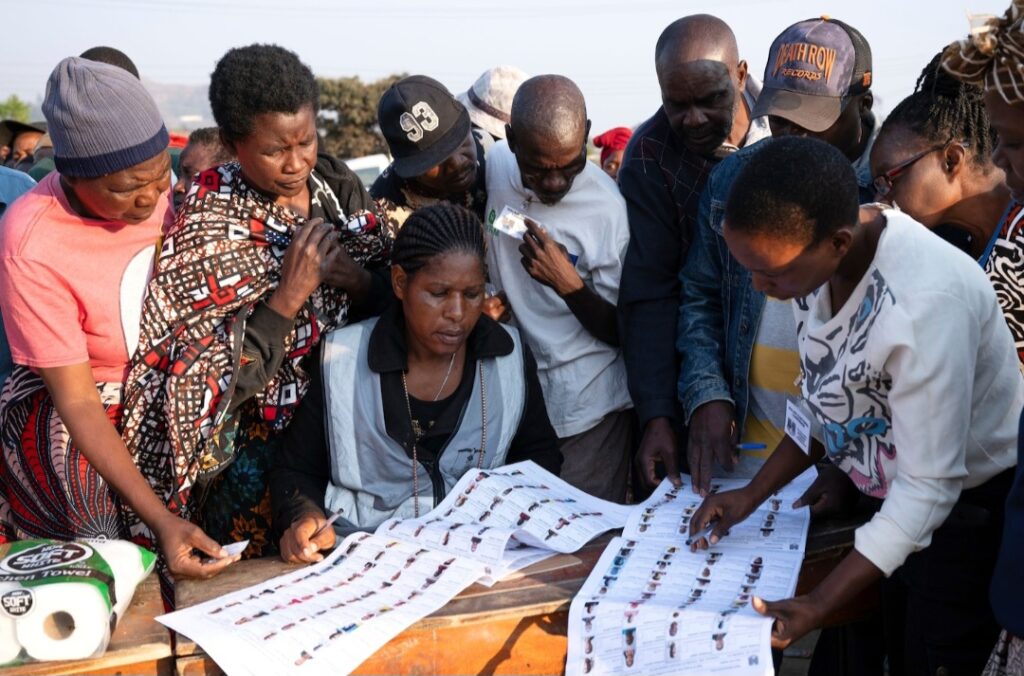
Ofure Akhigbe
Malawians went to the polls on Tuesday to elect a president, members of parliament, and local government councillors, in a vote overshadowed by a deepening economic crisis and intense political scrutiny.
This marks the country’s first national election since the disputed 2019 presidential poll, which was annulled by the courts and re-run in 2020—a historic decision that removed a sitting head of state, making Malawi only the second African country to annul and repeat a presidential election.
Incumbent President Lazarus Chakwera, who won the 2020 re-run, is seeking a second term. His main challenger remains former President Peter Mutharika, whom he unseated after the court-ordered repeat vote. The campaign has been contentious, particularly after Mutharika chose the former head of the Malawi Electoral Commission—criticized for the flawed 2019 election—as his running mate.
The Malawi Electoral Commission (MEC), under pressure to restore public trust, has pledged to conduct a credible and transparent election. More than 229 parliamentary seats and over 500 local government positions are also being contested. The poll is conducted under revised electoral laws, requiring a candidate to secure more than 50% of votes to win outright, raising the possibility of a runoff.
Approximately 7.2 million Malawians are registered to vote, with women constituting 57% of the electorate. Despite this, voter turnout remains uncertain amid widespread economic hardship, including high inflation and fuel shortages, which have fueled public disillusionment.
Analysts predict a closely contested election, with results expected within a week of polls closing. The outcome will not only determine the country’s leadership but also signal the public’s confidence in Malawi’s democratic institutions amid economic and political challenges.
For official updates, voters and observers can refer to the Malawi Electoral Commission website.
